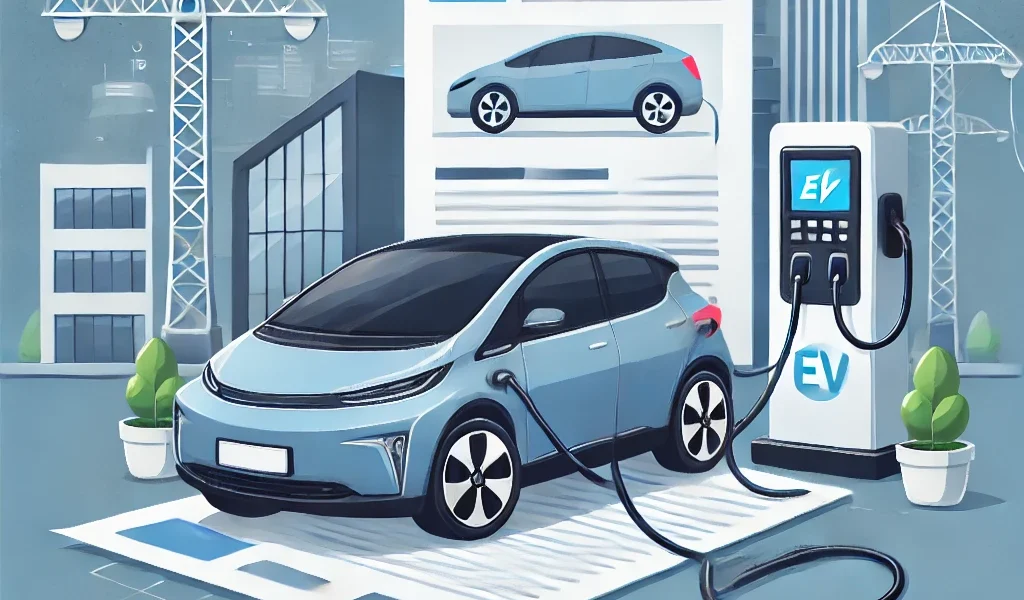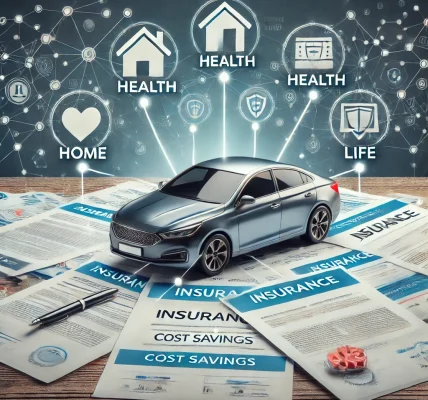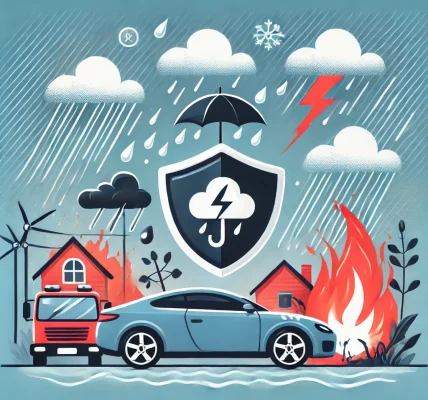Introduction
As electric vehicles (EVs) continue to gain popularity, many drivers are curious about how insuring an EV differs from insuring a traditional gasoline-powered car. While the fundamental principles of car insurance remain the same, several unique factors affect insurance premiums, coverage options, and claim processes for EV owners. Understanding these differences can help you make informed decisions when purchasing insurance for your electric vehicle.
Why Do EVs Have Different Insurance Requirements?
Electric vehicles come with specialized components, advanced technology, and different maintenance needs compared to conventional cars. These factors contribute to variations in insurance costs and policy structures. Some of the key reasons why EV insurance differs include:
- Higher Purchase Costs: EVs generally have a higher upfront price than gas-powered cars, which affects replacement costs in case of damage or theft.
- Specialized Repairs: EVs require specialized repair services, which can increase claim costs.
- Battery Replacement Costs: The battery is the most expensive component of an EV, making it a significant factor in insurance coverage.
- Advanced Safety Features: Many EVs come equipped with high-tech safety features that can reduce accident risks but may increase repair costs when damaged.
Key Differences in EV and Standard Car Insurance
1. Insurance Premiums for EVs vs. Gas-Powered Cars
One of the primary concerns for EV owners is the cost of insurance premiums. EV insurance tends to be more expensive due to:
- Higher repair and replacement costs – EV parts, especially batteries, are costly to replace.
- Limited availability of repair shops – Fewer mechanics specialize in EV repairs, leading to higher service fees.
- Advanced technology in EVs – Features like autonomous driving, regenerative braking, and software-based controls increase repair complexity.
However, some insurers offer discounts for EVs due to their eco-friendly nature and lower environmental impact.
2. EV-Specific Insurance Coverage Options
While standard car insurance policies cover both EVs and gasoline cars, some insurers provide specialized coverage for EV owners:
a. Battery Coverage
Since an EV’s battery is one of its most expensive components, some insurance providers offer battery-specific coverage to protect against theft, damage, or degradation.
b. Charging Equipment Coverage
Many EV owners install home charging stations. Some policies cover damage to charging cables, wall-mounted chargers, and related accessories due to electrical surges or vandalism.
c. Roadside Assistance for EVs
Unlike gas cars that run out of fuel, EVs can deplete their battery and require towing to the nearest charging station. Some insurance policies include specialized roadside assistance for battery depletion.
d. Coverage for Fire Risks
EVs have different fire risks than gasoline cars, often related to battery malfunctions or short circuits. Certain insurance plans provide enhanced protection for fire-related incidents.
3. Repair Costs and Availability of Mechanics
- EVs have fewer moving parts than gasoline cars, reducing maintenance costs in the long run.
- However, repairing EVs requires specialized knowledge, meaning fewer available mechanics and higher labor costs.
- In case of an accident, insurance claims may take longer if specialized parts or trained technicians are not readily available.
4. Depreciation and Resale Value Impact
Insurance companies also consider the resale value of vehicles. While some EVs retain value well, others depreciate faster due to rapid advancements in battery technology. The rate of depreciation affects how insurers calculate collision and comprehensive coverage costs.
5. Government Incentives and Discounts on Insurance
Many governments offer EV incentives, which can indirectly reduce insurance costs:
- Tax credits and rebates – Some insurers offer discounts for EVs eligible for government subsidies.
- Eco-friendly discounts – Some companies lower premiums for low-emission vehicles.
- Usage-based insurance – Many EVs integrate telematics, allowing insurers to adjust premiums based on driving habits.
Tips for Lowering EV Insurance Costs
- Compare Insurance Providers: Look for insurers offering EV-specific coverage and discounts.
- Opt for Higher Deductibles: Choosing a higher deductible can reduce your premium.
- Bundle Insurance Policies: Combining auto and home insurance can result in discounts.
- Maintain a Clean Driving Record: Safe driving can lower your insurance rate over time.
- Take Advantage of EV Discounts: Some insurers offer reduced rates for eco-friendly and fuel-efficient vehicles.
Conclusion
While electric vehicles have unique insurance considerations, being informed about policy differences, repair costs, and available discounts can help you secure the best coverage at an affordable rate. As EV technology continues to evolve, insurance companies are adapting their policies to accommodate these changes, ensuring that drivers receive comprehensive and cost-effective protection.



